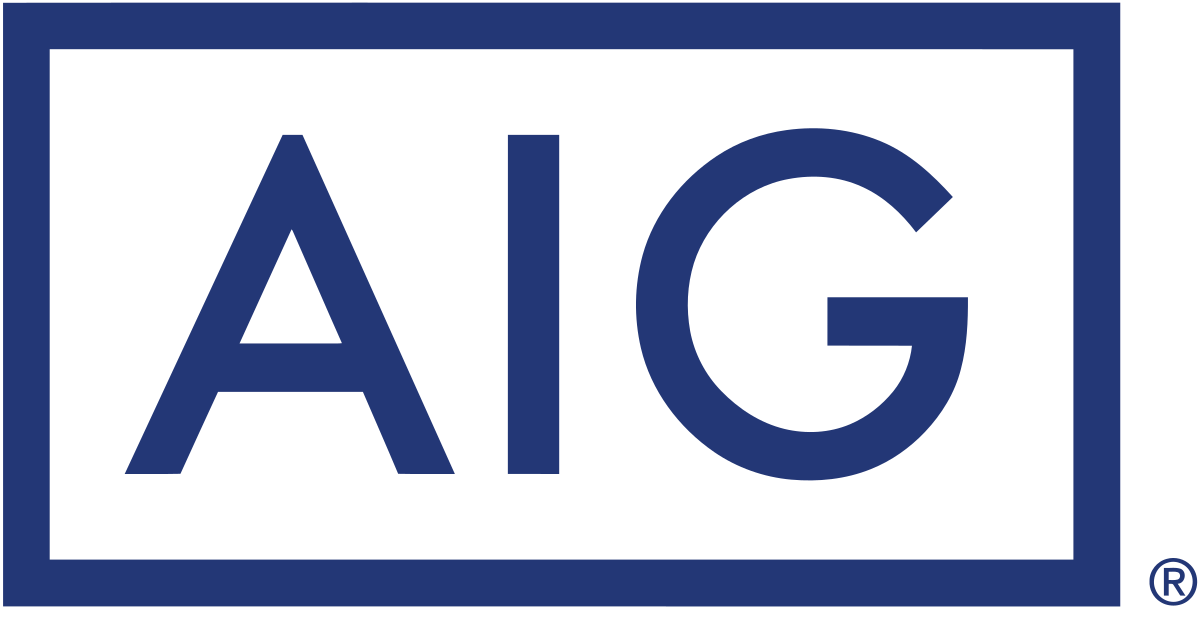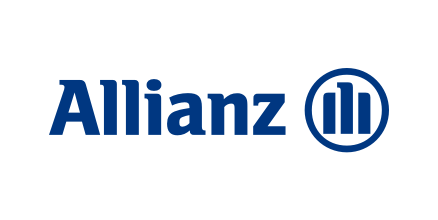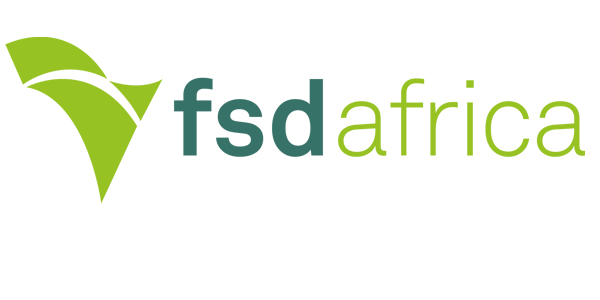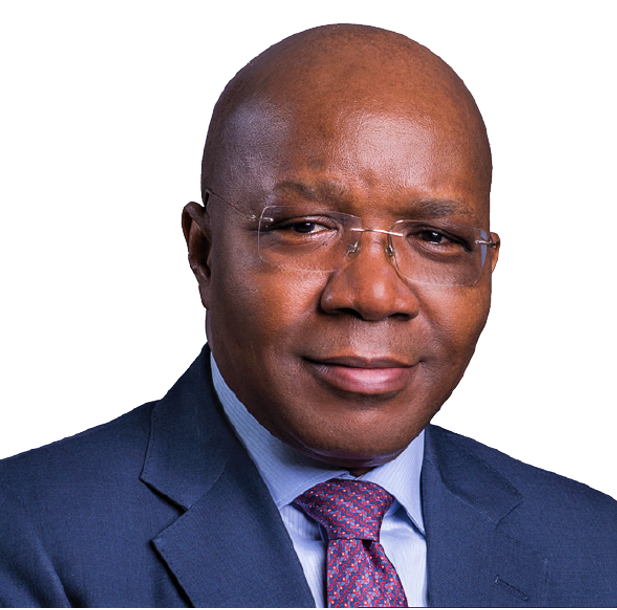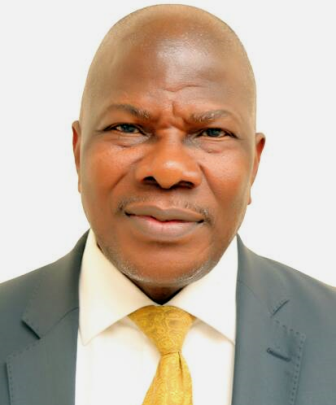INTRODUCTION
Marketing plays a vital role in the operations and organizations including insurance. Marketing as a profession put in place a set of mental, models that assist marketers’ distinctive perspectives on business challenges and solutions.
DEFINITION
Understanding the concept of insurance requires being guided properly. Therefore, a review of the marketing concept is essential.
Baker (1985) as quoted in Achumba (1994) says that marketing is the process of determining consumer demand for a product or services, motivating its sales and distributing it into ultimate consumption at a profit.
Taking a clue from the above, it is pertinent to note that marketing plays a prominent role in all activities of any organization whether for profit or not. This may be the reason why Kotler (2003) notes that marketing is typically seen as the task of creating, promoting and developing goods and services to consumers and businesses. Marketing managers seek to influence the level, timing and composition of demand to meet organization’s objective.
STRUCTURE OF INSURANCE MARKET IN NIGERIA
The formalised insurance market has been in existence for over 300 years. Although, it was introduced in Nigeria in the 1890’s. it is evident to note that that primitive form of insurance had existed before this time e.g. Esusu.
The different types of players in the market includes Private Liability Companies (LTD), public liability companies (PLC), Government companies (NAIC), specialist companies, composite companies and pools.
CHANNELS OF DISTRIBUTING INSURANCE PRODUCTS
There are recent concerns over the rebasing of the Nigerian economy which analysts fear might affect support for the federal government’s financial intermediation targeted towards pulling long-term funds for infrastructural development.
The insurance sector’s contribution to GDP dropped from 0.7 percent to 0.6 percent as a result of the backdrop of the sector’s inability to ensure efficient and effective distribution of insurance products within the country to the uninsured populace in the country.
INSURANCE BROKERS
The insurance market is conservatively controlled by the one well-developed distribution channel which controls about 70 percent of total premium generation in the market. Over time, insurance companies and regulators have focused solely on this channel that other channels which would have increased premium incomes are left unattended to.
In 2012, according to EFInA report, only 1.3 million Nigerians have taken up any form of insurance which is against the over 170 million population in Nigeria.
Brokers are professional registered by the Nigerian Council of Registered Insurance Brokers (NCRIB Act 2003) and licenced by the National Insurance Commission. They are expected to have higher professional exposition than other agents used in marketing insurance products. This among other reasons is why the Insurance Act 2003 provides that the brokers should be remunerated more than other agents.
The benefits of using brokers as one of the channels of distribution includes; improvement and saving in cost of premiums, carry risk improvement techniques, advised insureds on policy conditions which may not be understood by them (insureds) etc.
The distribution channels which have not been fully utilised despite recent inclusion of these channels into the distribution network of insurance products are the agency system, electronic, financial institutions, grassroots initiative, credit unions, co-operatives, retail chain store, utility companies and mobile phone operators, religious organizations etc.
INSURANCE AGENCY SYSTEM
This is a vital link between the insurance companies in Nigeria and the teeming populations in Nigeria. Companies set up the agency to help in the distribution of insurance products which the companies would be unable to sell directly to the prospective clients as a result of corporate focus of the brokerage system in Nigeria.
The Market Development and Restructuring Initiative (MDRI) was introduced Nigeria’s insurance industry by the National Insurance Commission (NAICOM) as part of the first phase of reforms of the industry. It basically entails, enforcement of compulsory insurance products, sanitization and modernization of the insurance agency system wiping out fake insurance institutions and introduction of risk-based supervision. The initiative which was meant to favour insurance agents who sell insurance to the grassroots while brokers focus on big corporate accounts.
The insurance agent is vital link between the insuring public and the insurer. The agent if well trained could effectively play the role of an efficient intermediary between the insurer and his insured in insurance transaction.
According to the Chief Consultant of NAICOM, Yemi Soladoye while speaking on the role of agents in growing insurance premiums and penetration stated that before the agency system was introduced through the MDRI, the number of agents that are registered by the commission was below 500. However, the agency system has grown to over 5000 today thereby improving the channel of distributing insurance products.
The agents have great capacity for marketing individual life insurance and other personal lines of businesses.
According to the former President of Association of Registered Insurance Agents of Nigeria (ARIAN), Mr. Kingsley Obuvie in an interview with Worldstage Newsonline, he stated that countries that witnessed strong insurance penetration had massive retail business initiative and strategy. He further stated that the low penetration we experience is a result of unattractive products to provide for the huge insurance market in Nigeria.
According to him, Nigeria has the potential of being the highest employer of labour if only we realise this and take our rightful position in the financial sector.
However, the cumbersome process involved in the organizational setting up, recruitment and training of agents requires a lot of funding which a lot of insurance companies may not be willing to consider because of low cashflow within the industry.
THE FINANCIAL INSTITUTIONS
This channel which is often referred to as Bancassurance saw a few insurance companies and banks going into partnership for the distribution of insurance products and this is beginning to deepen insurance penetration due to the large distribution outlets that these Nigerians banks have. According to some estimates, the channel is responsible for about N13biilion of insurance premium annually, that is about 5 percent of total industry revenues and appeared to be the fastest growing channel of distribution.
However, the channel have recently suffered a gradual death as a result of the CBN Circular prohibiting Nigerian banks from engaging in any form of Bancassurance. Since Bancassurance is globally acceptable practice, it becomes very disturbing as the apex bank’s opposition showed a complete deviation from global practice, analyst have argued.
According to Analyst, the CBN’s circular seemed to confuse insurance underwriting with Bancassurance. Insurance underwriting is the process by which licensed insurance companies assess the risk of a client, charge premium on such risk and then indemnify the client when a loss occurs. Retrospectively, banking regulation which the CBN referred to, showed that Nigerian banks are not permitted to carry out amongst other things insurance underwriting, this is contained in the CBN scope, conditions and minimum standards for commercial Bank Regulation No. 01, 2010.
THE ELECTRONIC CHANNEL
This channel of distribution is an innovation even though a lot of insurance companies have ventured into it a long time ago but lacked public awareness and perfection that could transform into sales. Some insurance companies are selling their insurance products through telecommunication platforms, e-commerce websites and the websites of insurance companies. Social media platforms (Twitter, LinkedIn, Facebook, Instagram and others) have also helped disseminate information, create product awareness, selling of insurance products to young energetic and teeming population in the country.
Whilst the electronic channel appears to be a very good innovation that can help deepen insurance penetration due to the convenience associated with distribution. Some of the players within this channel includes Fintech, EdTech, Logistic Technology companies and other viable aggregators embedding insurance products into their offerings and services.
OTHER CHANNELS OF DISTRIBUTION WITHIN THE INSURANCE ECOSYSTEM
These includes the use of credit unions, co-operatives, retail chain stores, utility companies, religious organizations, have all been embedded in the channels stated above. However, the recent reintroduction of tailor-made insurance products for the low-income earners and taking our religious affinity into consideration are the Micro-Insurance product and Takaful insurance.
The initiative is to capture the retail market using the channels of distributions to convey these products to the low-income earners who are under-served and under-insured. Micro-insurance seeks to provide insurance policies with low level of premiums, customised and easy to understand products as well as simple collection and claim processes.
Takaful insurance is a form of insurance that is compatible with the principles of Sharia (Islamic laws). It is compatible with the element of mutual insurance and ethical finance and open all regardless of faith. There is great potential for this business as there is significant Muslim population in Nigeria.
Taking the Micro-insurance and Takaful insurance as catalyst for effective actualization of the distribution channels earlier discussed, a successful antidote is the implementation of an efficient and agent/ partner model. In this model, an insurance provider partners with a distribution channel that is already reaching large numbers of low-income consumers for other reasons. These distributors are able to introduce an insurance product that makes the most sense for the particular market. Micro-finance institutions, credit unions, community development associations (CDAs), etc. are organizations with large access to low-income people should be able to make selling insurance products conducive.
CHALLENGES ASSOCIATED WITH INSURANCE DISTRIBUTION
The tenets of an efficient and effective distribution channels would not be achieved without a considerable assessment of the challenges that could encumber its success.
The first obstacle is demand and market study which is essential to understanding and creating a market demand for the well suited situation.
Another pitfall is the inability of quality insurance programme to suffice as a result of not having the right capabilities and resources. It is important to have access to resources with wealth of knowledge on product and experience of the products with the nuances of dealing with low-income markets.
The distribution through mass market channels without appropriate operational capabilities can overwhelm the operation, resulting in severe service issues.
A good measurement and control process in place that enables continuous improvement to the programme (distribution channels) in terms of value is pertinent to its long-term sustainability of a distribution network.
Also, insurance products being intangible in nature, unlike savings and credit which often have greater acceptance, insurers must honour their commitment of paying claims genuinely.
The products should also have clearer and easier policy conditions with few to no exclusions in order to reduce confusion on the part of policyholders.
The regulatory system should be put in place efficiently to monitor the lows and highs of the insurers and their products. A paradigm shift that will enable insurers to fully understand what it means to have a successful product distribution channel be encouraged too.
A reasonable sequitur from the above analysis is that there is huge market with huge potential for insurance in Nigeria. Insurers should make sure to follow a product development process that maximises potential success while minimizing development costs. They should always focus on developing and maintaining Simple, Understood, Accessible, Valuable and Efficient products. Managing these with innovation and creativity will lead to success.
Once the foundation is solid, an open market freely available in Nigeria, there can never be a better time. The lucre is lucrative enough while providing great benefits to people and collective development of Nigeria.
This article was first written for publication in 2014 and may not contain some recent developments within the insurance ecosystem at the moment. However, If you have questions relating to this article, your insurance policies or you do not understand the insurance technical jargon, we can assist you with a FREE POLICY REVIEW to ascertain the level of cover you have and how to achieve more with your insurance policy. We are just a chat away on WhatsApp.

